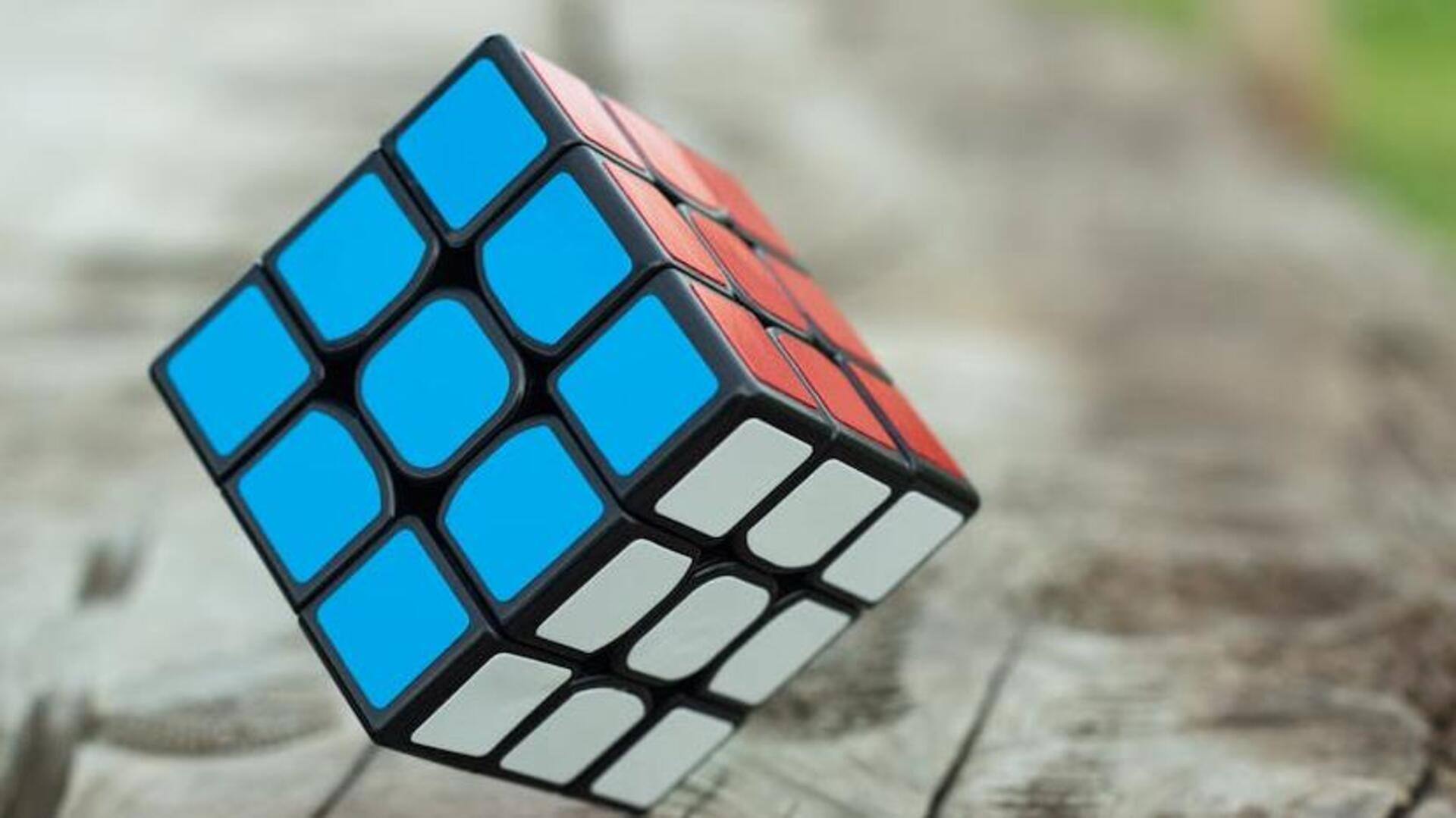
Ways to sharpen problem-solving with puzzles
What's the story
Puzzles are more than just a fun pastime; they're a secret weapon for building problem-solving muscles. From old-school jigsaw puzzles to brain-busting Sudoku, getting your puzzle on can seriously boost your brainpower. Think memory, focus, and critical thinking gains. Read on for five pro tips on using puzzles to your advantage.
Beginning
Start with simple puzzles
For beginners, it's crucial to start with easier puzzles. Tackling simpler puzzles first allows you to build confidence and interest at a manageable pace. Begin with straightforward crossword puzzles or small jigsaw puzzles with fewer pieces. Then, as you gain comfort and proficiency, you can gradually progress to more challenging puzzles. This way, you won't feel overwhelmed while easing into the world of puzzling.
Routine
Set regular puzzle time
Incorporating puzzle-solving into your daily routine can greatly enhance your problem-solving abilities. Allocate a specific time each day or week for puzzles, such as a 15-minute Sudoku session with your morning coffee or a relaxing evening spent assembling a jigsaw puzzle. Even short, regular practice sessions can significantly improve cognitive abilities and focus. It might sound cliched, but consistency really is key to seeing significant improvements over time.
Variety
Explore different types of puzzles
Switching up the types of puzzles you tackle introduces your brain to new problem-solving landscapes. Every puzzle type—whether it's word searches, logic grids, Rubik's Cubes, or brain teasers—offers a different kind of workout for your brain. Trying out different puzzle formats not only prevents boredom but also guarantees that you're exercising various cognitive skills at the same time.
Teamwork
Collaborate on puzzle solving
Collective puzzle-solving adds a social element to learning. Working together to solve a complex puzzle fosters the sharing of strategies and perspectives. This builds teamwork and communication skills in addition to analytical thinking. From piecing together a large jigsaw puzzle with family to tackling escape room challenges with friends, group activities promote creative problem-solving approaches.
Reflection
Reflect on puzzle-solving strategies
After every puzzle challenge, pause and analyze what worked and what didn't. Why? Because understanding how you tackled a problem is key to identifying weaknesses, improving your strategies, and ultimately getting better at whatever comes next. This process of reflection supercharges your learning, turning past experiences into powerful insights for the future. In short, it helps you solve similar problems faster and more efficiently next time.